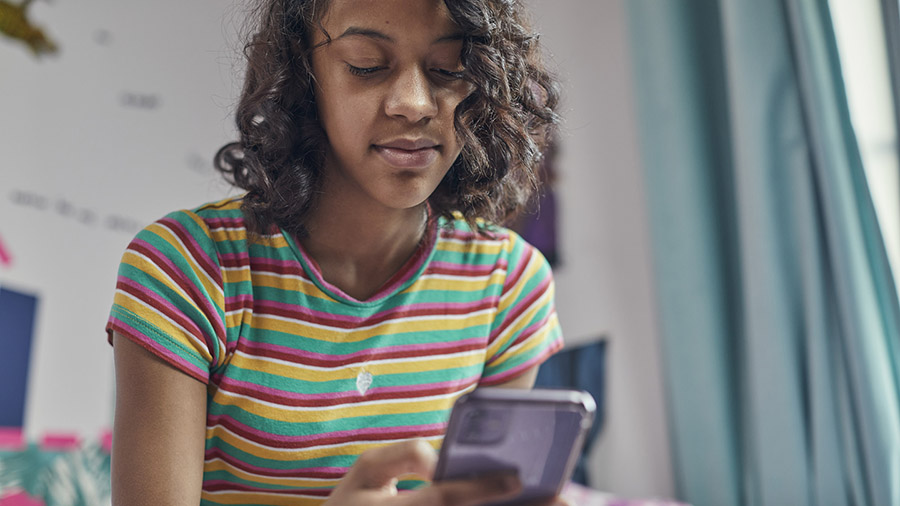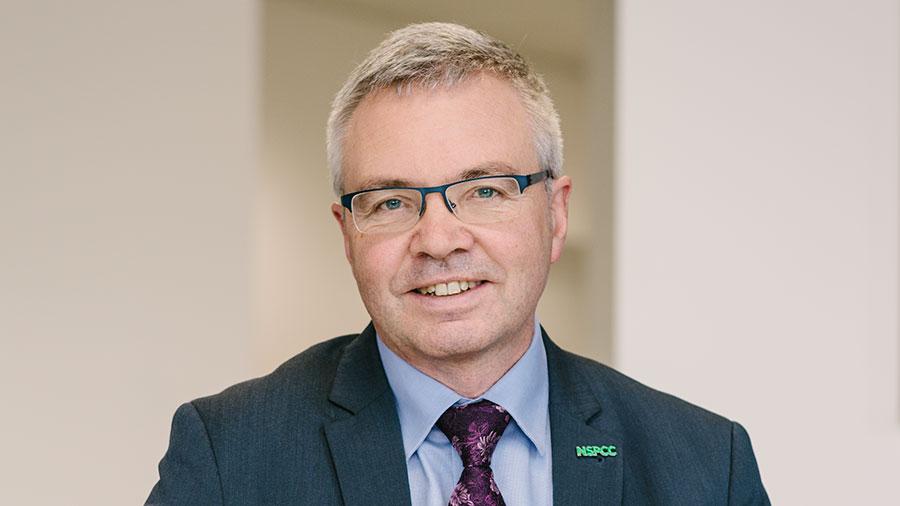We're calling for tougher legislation after 1,220 online grooming offences against children recorded in just 3 months of lockdown.
Freedom of Information responses from 38 police forces in England and Wales show that 1,220 offences of sexual communication with a child were recorded in the first 3 months of lockdown. 1
The figures show Instagram increasingly being used in online grooming offences. The data 2 from our research shows:

- Instagram was used in 37% of cases where the platform was recorded, compared with 29% over the previous three years.
- Facebook-owned apps (Instagram, Facebook, WhatsApp) were used in 51% of cases where the type of communication was recorded.
- Snapchat was used in 20% of cases for which data was available.
- Offences have also increased annually in the 3 years before lockdown. In total there were 12,925 offences recorded by police in England and Wales from April 2017 to March 2020, with experts saying poorly designed social media sites are putting children at risk.3




